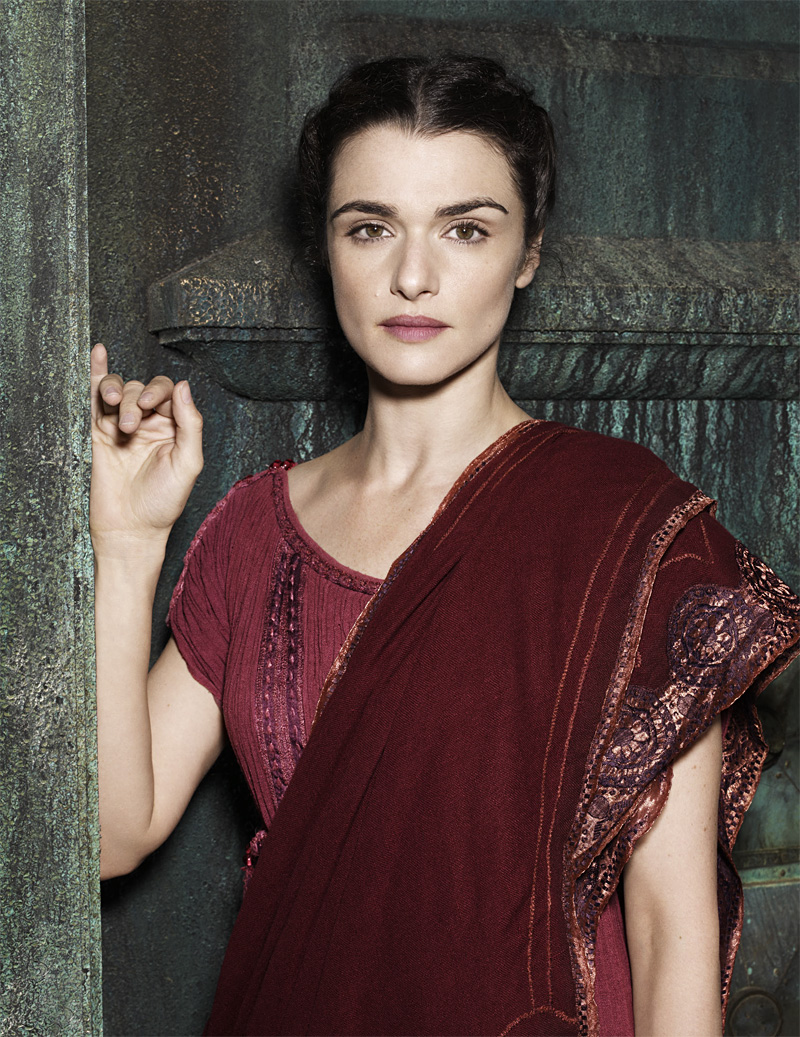Not lacking for conviction or cojones, Alejandro Amenábar’s Agora is a big, broad, stridently atheistic sword-and-sandal entertainment that recounts a tragic turning point in world history. Rachel Weisz plays Hypatia, a brilliant astronomer in fourth-century Alexandria whose life and work is increasingly threatened by a bloody societal shift toward reactionary, virulent Christianity. To its credit, the film calls out Christianity’s ignominious imperialism and locates a valid historical analogue to today’s religious extremism. Yet good intentions can’t save Amenábar from his own ham-fisted methods. It’s one thing to depict crusaders hurling a cynic onto hot coals, ritually slaughtering pagans, stoning and massacring Jews, and enforcing total faith; need they wear uniformly dark, ragged cloaks and snarl through unkempt faces, while pagans dress brightly, bathe frequently, and no doubt smell really good? Servant boy–cum–wispy indie rocker of antiquity Max Minghella even comes to learn that slavery is far better than belief. Amenábar’s camera assumes extreme low and high angles, setting heroes against starry skies before freely zooming back to assume a celestial POV (praise be to Google Maps). What’s missing is a satisfying, plausible middle ground where heady ideas and metaphors coalesce into compelling drama. Amenábar (The Others, Open Your Eyes) has the ambition but not yet the skill of a Kubrick or Spielberg to make visual flourishes function emotionally. The music swells, characters glower and suffer in slo-mo, and Amenábar champions the life of the intellect by condescending to ours.
Agora: A Funny Thing Happened to Rachel Weisz on the Way to the Forum








